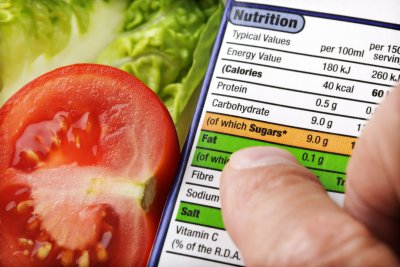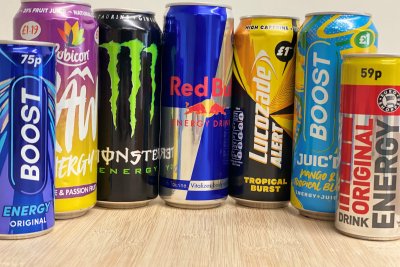“The Children’s Food Campaign is delighted that Berkeley will become the first US city to introduce a tax on sugary drinks. In Tuesday’s elections, voters in the Californian city of Berkeley overwhelming passed a measure that should result in fewer sugary drinks being consumed, reduce the level of diet-related ill-health amongst residents, and allow more money to be invested in schemes which will promote healthy and sustainable food and lifestyles.”
“This is not just a victory for families and for public health in one US city. The tide is turning against the sugary drinks industry globally and the huge sales and profits these companies make. Similarly a majority of voters in the city of San Francisco backed a duty on sugary drinks, although here it did not receive the two-thirds majority needed to pass. But the success in Berkeley follows other victories in Mexico, Finland, France and Hungary where such a duty has been introduced. We need to make the UK next.”
“The results in California show our politicians can no longer hide behind the idea that a sugary drinks duty wouldn’t be popular, or is an untried policy. The major drinks brands, with the millions of dollars they spent trying to defeat the ballot initiatives, clearly showed where their priorities lie. Now we need to ask our party leaders, and our cities’ mayors, which side of the debate are you on?”
Notes:
Berkeley
Berkeley’s Measure D proposed a 1 cent per ounce tax on sugar sweetened beverages and sweeteners used to flavour drinks. The measure needed a simple majority to pass. The final result: 75% Yes. Passed.
San Francisco
San Francisco’s Proposition E proposed a 2 cents per ounce tax on sugar sweetened beverages, with the money raised to be set aside for specific spending on health, nutrition and physical education programmes in the city. The measure needed a two-thirds majority to pass. The final result: 55% Yes vote. Not passed.
The Children’s Food Campaign is calling for the introduction of a 20 pence per litre sugary drinks duty to reduce sugar consumption, especially amongst children and teenagers. The revenue generated would be used to set-up a Children’s Health Fund, paying for programmes to improve children’s health and protect the environment they grow up in.
Children's Food Campaign: Campaigning for policy changes so that all children can easily eat sustainable and healthy food.








